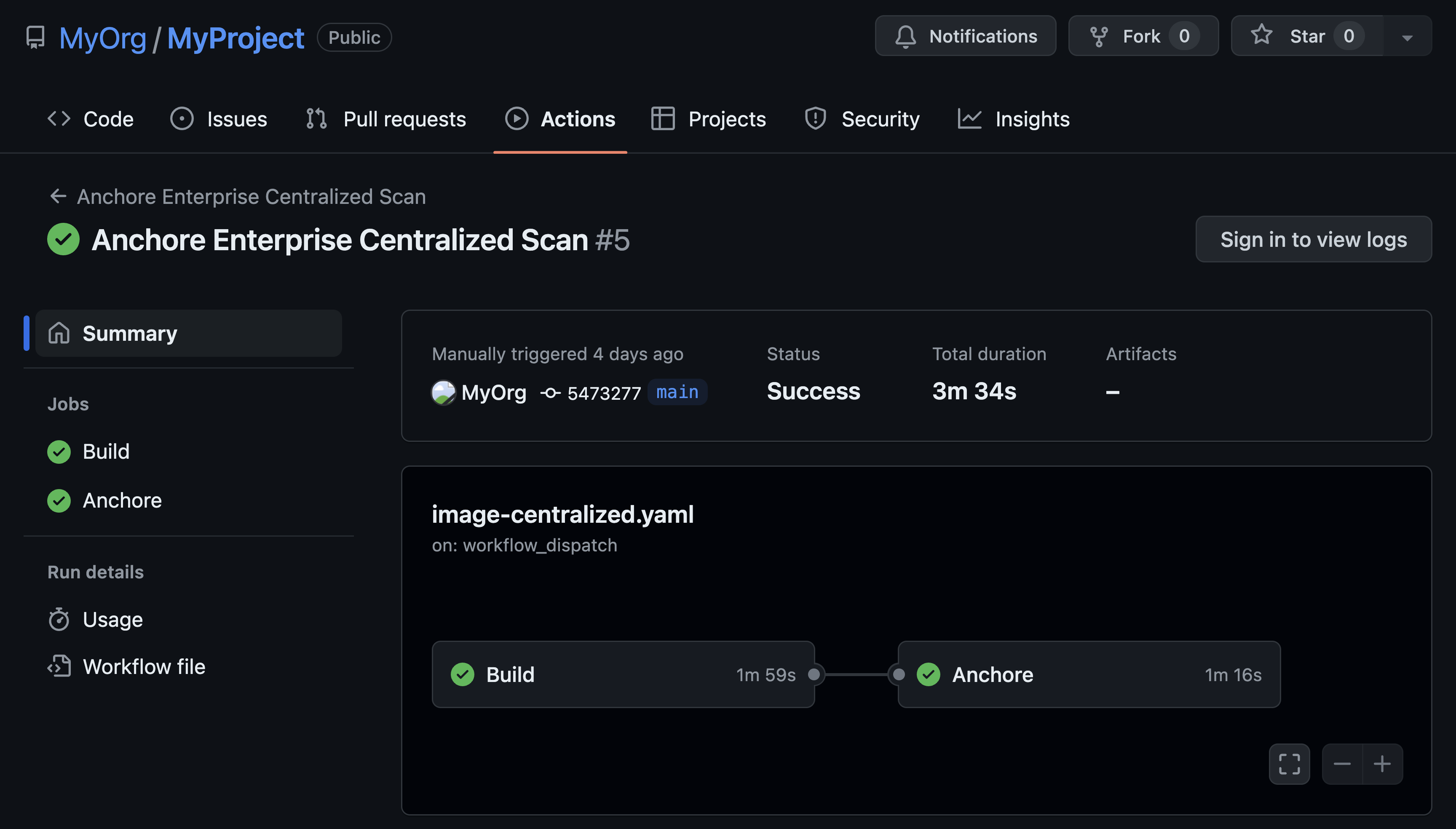When we launched the Container Chronicle newsletter we planned on making this a monthly newsletter to make sure there was enough content to make it a worthwhile read while not making it too long. Well, two weeks later there was so much interesting news even before we covered the KubeCon announcements that we decided to release early.
New Month, New Releases!
Red Hat announced the release of Red Hat Enterprise Linux 7.5 which includes a number of container-related improvements including a move to fully support OverlayFS, which becomes the default storage driver for containers, replacing device-mapper. Buildah is now fully supported allowing you to build Docker and OCI compliant container images without the need for any a container runtime and more significantly without any Docker tools. If you are wondering how buildah should be pronounced then you really need to hear it from Red Hat’s Dan Walsh.
Two of the most popular Linux distributions for developers announced major releases: Fedora 28 and Ubuntu 18.04 (Bionic Beaver) which is the latest long term support release from Canonical.
Microsoft announced the general availability of Azure Container Instances (ACI) which were initially previewed in the summer of 2017, allowing users to run containers directly without worrying about the underlying host OS or creating and managing clusters.
Netflix open sourced its Titus container management platform which is built on top of Apache Mesos. While Titus is designed to be a challenger to Kubernetes in the mainstream market opening up the codebase allows the wider community to benefit from the extensive operational experience that Netflix has codified in Titus.
Digital Ocean announced an early access program for their managed Kubernetes service
The Rancher team announced the release of Rancher 2.0 which includes the Rancher Kubernetes Engine (RKE) in addition to a unified cluster management system for managing RKE, Google Kubernetes Engine, Azure Container Service and Amazon EKS from a single interface.
News from KubeCon EMEA
Over 4,300 developers and operators attend KubeCon in Copenhagen and there were a number of exciting announcements including:
Red Hat Operator Framework
The CoreOS team at Red Hat announced the release of the Operator Framework based on the operator's concept they introduced in 2016. The Framework provides a toolkit and services to help manage and deploy Kubernetes applications at scale.
Google had a Number of Announcements
- gVisor a new container runtime designed to provide more isolation than containers but with less overhead than a virtual machine. Unlike The Kata Containers project (previously Intel Clear Containers) which relies on a lightweight virtualization approach, gVisor provides a userspace kernel implementation that exposes most Linux syscalls to the container.
- The beta release of Stackdriver a Kubernetes monitoring solution that integrates metrics from native Kubernetes sources including metrics, events and logs as well as from Prometheus instrumentation.
Buoyant announced the 1.0 release of the Lingerd service mesh
Bitnami announced the 1.0 release of Kubeless, their Kubernetes-native serverless framework in addition to the 1.0 release of Kubeapps which provides a simple way to launch and manager Kubernetes applications using Helm.
Tip: Head over to the Kubeapps public hub to find a simple way to install Anchore Engine.


